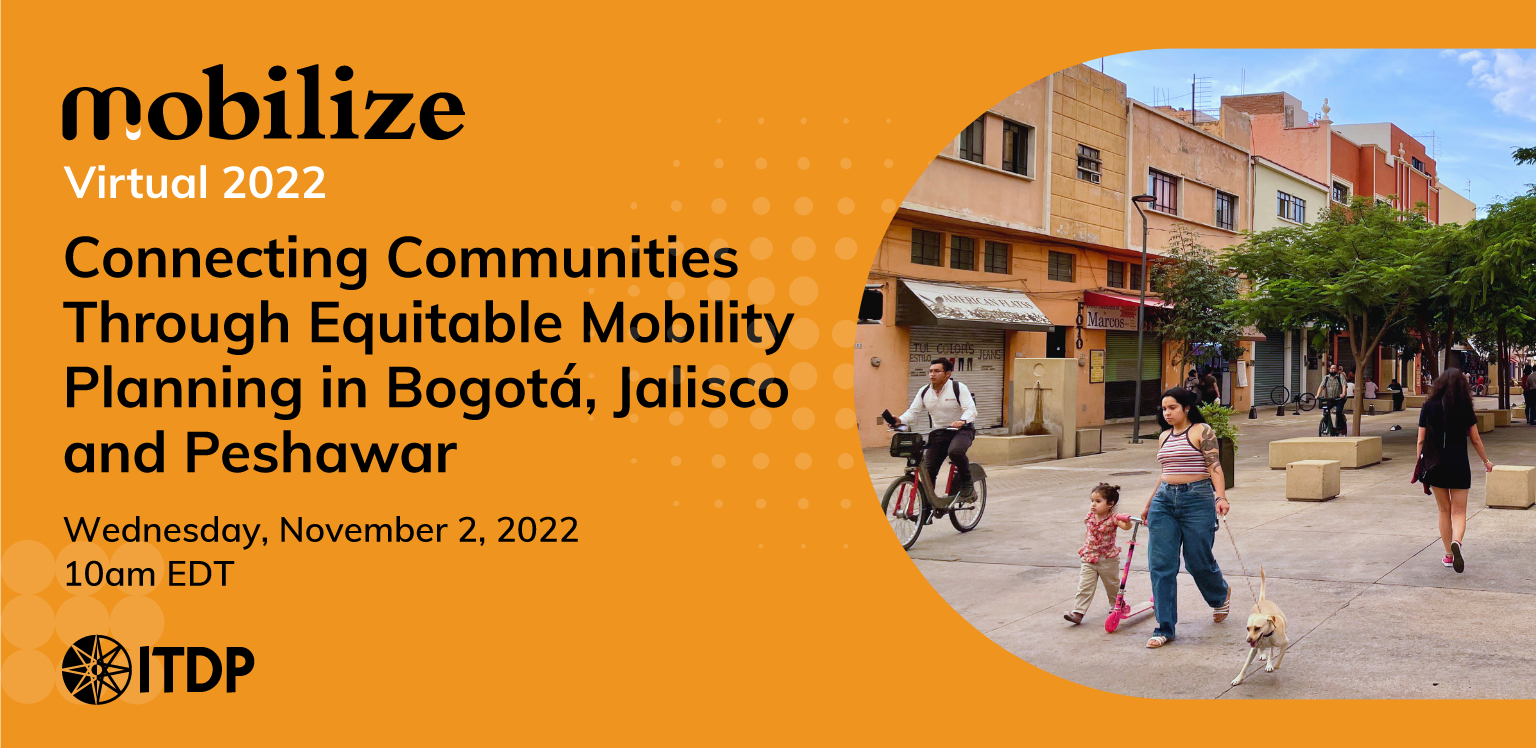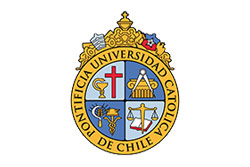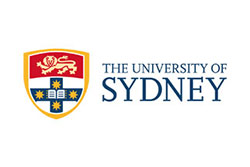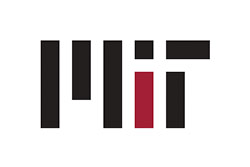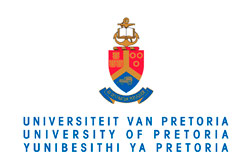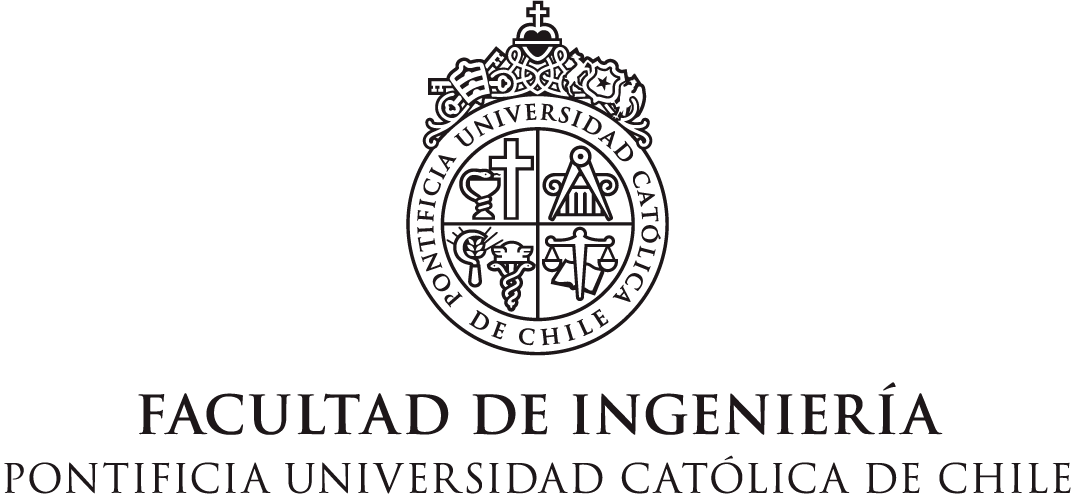In the last issue of NTU Urbano, a brazilian journal about mobility, Toni Lindau talked about the main topics of the book «Restructuring Public Transport through Bus Rapid Transit». Toni, member of our centre, has a PhD. and works as the Director of WRI Sustainable Cities. Here you can find the original interview and the whole issue.

The BRT increases the operational performance of a transport corridor and provides significant gains to users and to the city. Despite major challenges in the design, implementation and operation, it is revealed as a valid alternative in various urban contexts. In Belo Horizonte, for example, MOVE (the local BRT system) not only provided capacity gains, reduced travel times and increased reliability. It has captured 12% of its automobile users, a percentage similar to that achieved in the TransMilenio in Bogotá.
The book «Reestructuring public transport through Bus Rapid Transit», released earlier this year, has as its central objective, promoting BRT, but seeks to exploit the system’s potential in restructuring the supply of public transport in developing cities. The publication, edited by Juan Carlos Munoz and Laurel Paget-Seekins, from BRT Centre of Excellence, includes 20 chapters organized into three sections.
The first section addresses institutional issues and the need to empower the actors involved in the transition process of the conventional bus system to a BRT, as new contractual rules and participation in setting tariffs and subsidies. The second part recognizes that changes in public transport network can trigger various conflicts in the allocation of mobility at road space. For users, new services mean new routes and this requires the design and implementation of an information system planned.
The third section deals with the design and operation. Whatever the city, the design of a public transportation system on the surface requires special attention to the implementation and its insertion context. The BRT needs to be understood as an important agent of urban transformation and technological advances in the transport system. The automated data collection can improve planning services, support operational efficiency and also provide real-time information to users. Data analysis identifies the factors that help increase demand, operating speed, reliability and road safety.
Frederick Salvucci, former Secretary of Transportation for the Commonwealth of Massachusetts, encourages the investment of time and intellectual energy in reading the book to all who want to make the BRT booster agent of more sustainable cities. The academic and practical approach, combined with a interdisciplinary and international approach, give the book the possibility of supporting both researchers and technicians who deal with real-life problem solving.





